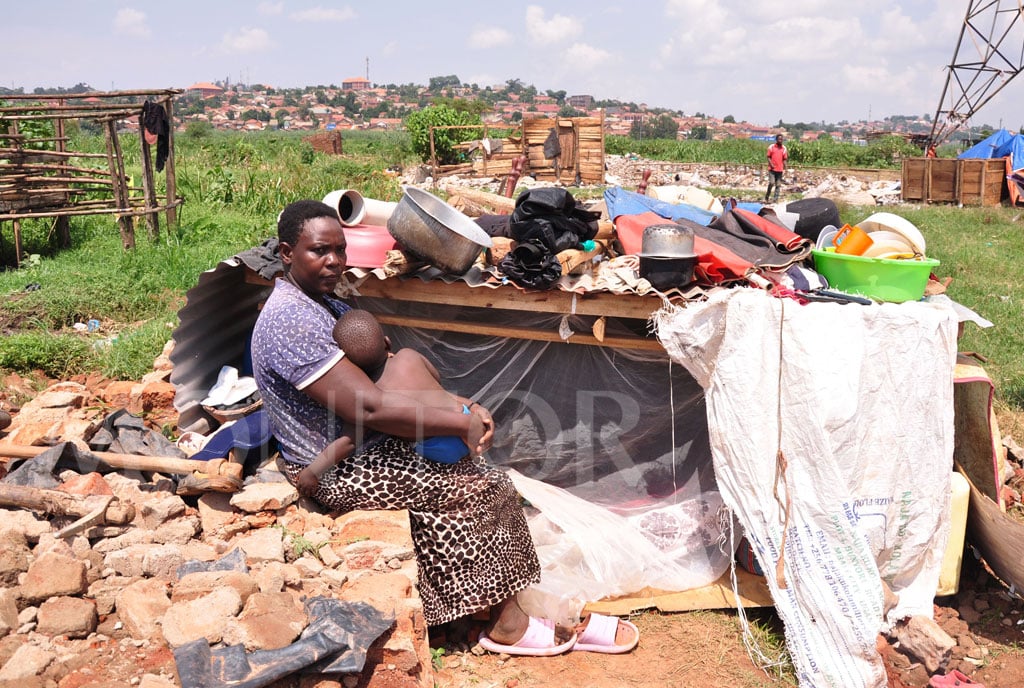
Author: Moses Khisa. PHOTO/FILE
The National Environmental Management Agency (Nema) is Uganda’s statutory body tasked with overseeing the protection and preservation of our natural environment to enhance our healthy habitation.
With ever-worsening global climate conditions that are now so rampantly manifest in extreme hot conditions, severe flooding, deadly storms, and generally capricious weather patterns, the need to protect the natural environment from further damage and destruction couldn’t be more urgent. In recent days, Nema has been in the spotlight over its actions against developments in protected land areas, with sentiments of outrage over razing down residences constructed in wetlands.
The political leadership of Kampala City has taken exception to what it considers the agency’s illegal evictions. Nema has also been accused, fairly and squarely, no doubt, of heavy-handedness against the poor and the vulnerable while engaging in double standards, often turning a blind eye to the actions of the rich and powerful.
We can set aside individual cases that can be adjudicated and litigated, instead, we need to focus on the larger picture.
A state agency charged with performing a critical public service of guarding our environment has to go about its business with a fair degree of autonomy and impartiality. It must enforce the law equally and consistently even when it has to factor in situations of our compatriots who are in dire need and deserve humane treatment.
The conditions and circumstances of fellow citizens condemned to the lowest rungs of the economic ladder are worth bearing in mind and being sensitive to when government and state agencies enforce rules and standards.
There are remedies and mitigating interventions the government can undertake, including using available public funds and other resources like land to resettle poor people residing in the wrong places from where Nema has to evict them.
This speaks to the need to strike a balancing act between empathy for the masses struggling to survive, on the one hand, and the rationale of enforcing the law, especially to protect such a vital public resource as the environment, on the other.
There is also an equally important balancing act of pursuing development, which inevitably means sacrificing aspects of our natural environment and maintaining a certain level of protection of our priceless environment, lest the said development ends up meaningless if it’s attained at the cost of destroying the environment. The rationale behind having a state agency like Nema is such that enforcement of the law and established rules is done professionally, objectively and systematically without political interference or personal preferences. This also means that social class, poor or rich, ruler or ruled, cannot be the basis for an exemption or selective application of the rules, requirements and standards governing the public space.
Being rich and powerful is not a licence for impunity, just as poverty status cannot be a basis for wrongdoing or violating the law and not face the consequences.
Today, Kampala is a city of chaos and confusion, disorder and dysfunction in large part because the current government has perpetuated a culture of letting the powerful and wealthy run roughshod over the law. They have commandeered green spaces and public land meant for recreation, relaxation, and social gatherings, fill up swamps and portions of waterways in the name of hotel or arcade construction. On the other hand, elected local leaders in the city, who for long have been members of opposition political parties, have actively contributed to scuttling efforts at establishing order and ensuring that basic rules are adhered to regardless of social status. They often choose cheap political populism over principled positions that would serve the public good.
Yet, political leaders in Kampala, and indeed around the country, would do well and show real leadership by telling the poor that it is in their best interest to defend the environment because it is they, the poor, likely to disproportionately suffer the adverse effects of environment destruction.
Heavy flooding is unlikely to sweep the mansions of the rich who live in relatively high-rise areas, instead, floods will most likely wash away the livelihoods and claim the lives of the poor inhabiting low-lying settlements. It is the poor who won’t afford air conditioning when the heat is unbearable; it is they that will lack access to fresh and safe water when natural water sources are polluted if not entirely destroyed.
To that end, opposition leaders and the sitting government, especially the President himself who puts his thumb on the scale of every public matter rather than let independent state agencies do their work without interference, have to be unequivocal and straight to the masses about what’s at stake. The message should be clear: don’t encroach on the natural environment, rather, work to protect and fight very hard against the rich who despoil it because it’s you to be hit hard when nature riots!
Rather than fight Nema or be outraged by its work, the public must be empowered to be vigilant and contribute to protecting the environment because it is in their best interest.



